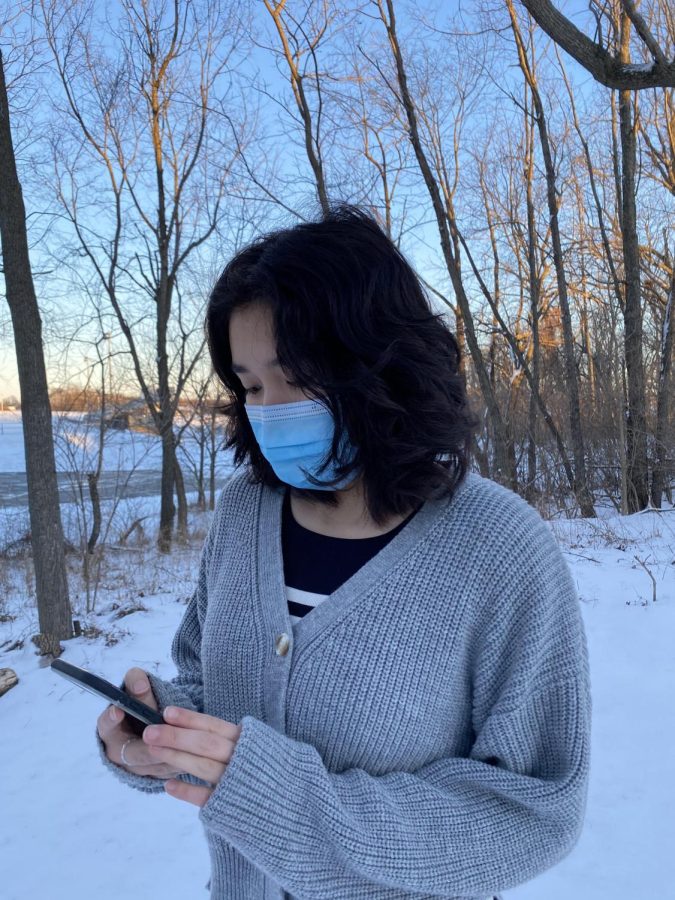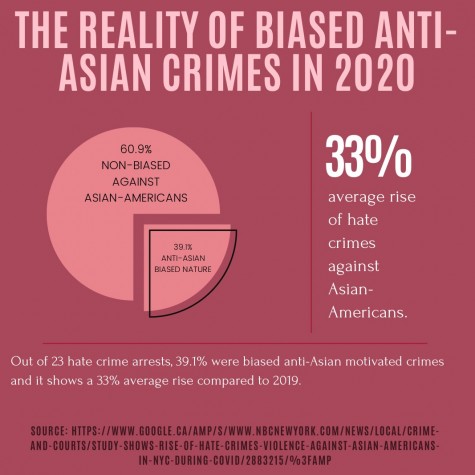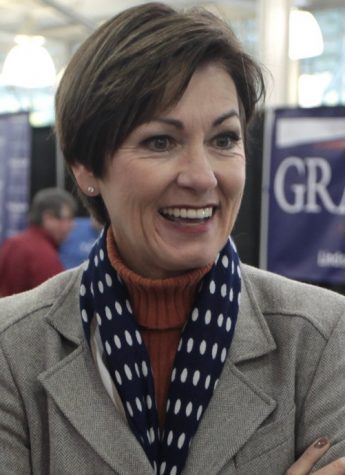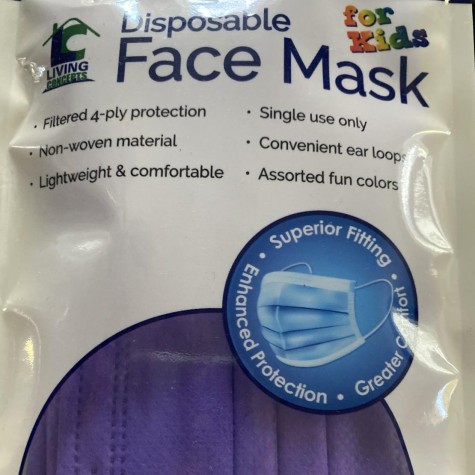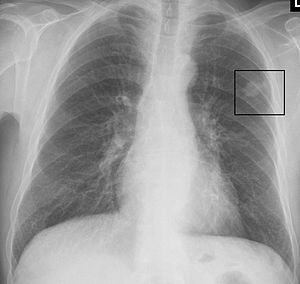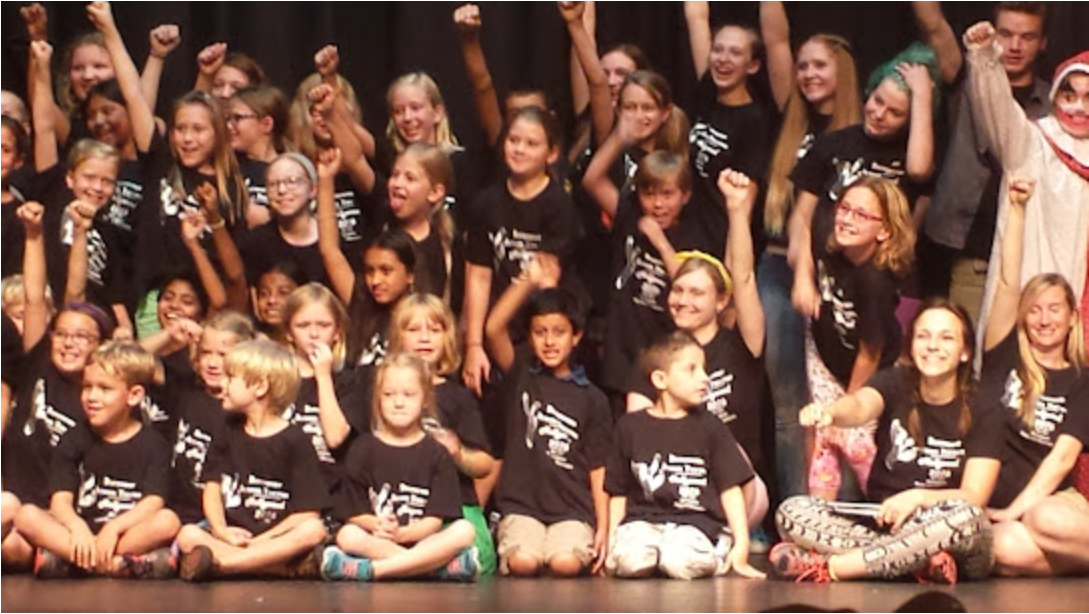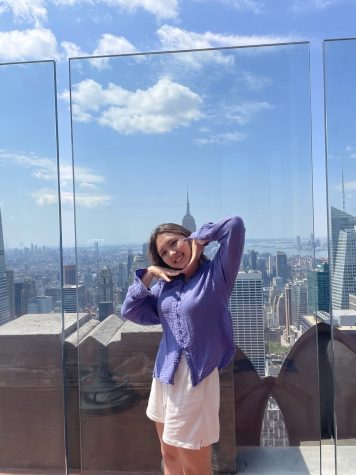Face masks, once a ubiquitous characteristic of the recent COVID-19 pandemic, have become significantly less prevalent in the public sphere. But despite the mask mandate being lifted in the United States, mask usage has been and remains a common practice in several East Asian countries such as South Korea, Japan and Taiwan, a notably distinct trend compared to the U.S.
Unbeknownst to many, the custom of mask-wearing in East Asian countries predates the coronavirus, going back to the early 20th century when health officials were able to convince people to wear masks due to the 1918 Flu Pandemic.
More recent viruses such as SARS and MERS, as well as environmental factors in the region, have placed masks at the forefront of everyday life.
Motorcycle drivers in the Philippines wear masks to deflect exhaust gas, citizens in Taiwan use masks to keep their face warm during the winter and people in South Korea wear masks because of the poor air quality.
In January, South Korea experienced the worst air quality levels in history due to high concentrations of yellow dust blowing in from northern China. The Korea Meteorological Administration advised against outdoor activities, informing people to wear face masks if they had to go outside.
Wearing face coverings has also developed into a social norm in East Asia and goes beyond official health guidance. Mask-wearing has become deeply ingrained in East Asian cultures, reflecting their moral and social standards of behavior.
In Japan and South Korea, wearing a face mask is a symbol of respect. Rather than trying to prevent disease from entering your body, covering your face shows that you are a considerate person who doesn’t want to infect others. Many South Koreans actually find it disrespectful to not wear a mask in public places, as it puts those who are more vulnerable in harm’s way.
As someone who lived in South Korea, senior Junhyuk Oh understands the social implications of not wearing a mask when there are health risks involved. “Wearing masks is very common in South Korea because it is a fashion trend, but there are no rules for wearing one. But during an epidemic like COVID-19 when people can get sick from interacting with others, masks are a social expectation,” Oh stated.
The disposable face mask industry in South Korea and Japan has grown exponentially as a result of the pandemic, but it has also evolved into beauty and fashion accessories. Japan has crafted their own unique fashion identities through masks, customizing their masks with patterns and different materials.
In South Korea, Sangmin Kim, a scholar in cultural studies at CATS (Space for Culture, Art, Technology & Science) Lab, a research center in Seoul, emphasizes how masks have relieved people of societal expectations of maintaining a certain level of beauty. “People have taken comfort in their faces being concealed, and they feel some discomfort about revealing their bare faces,” Kim shared.
In China, the government developed stringent rules regarding masks. China’s Communist Party operates under highly centralized ideologies, therefore putting pressure on its citizens to follow the rules they put out.
Junior Ainsley Hindman has spent time in both China and the U.S. and has noticed how political authority impacts people’s willingness to wear masks. “The Chinese value the instructions and words of the government much more highly than Americans do, consequently influencing the mask policies differently. Chinese citizens are more likely to obey the government’s mask enforcements to protect themselves against pollution and disease, ” Hindman stated.
On the opposite side of the world, however, mask usage was met with bitter opposition by some unhappy Americans.
When public health officials carried out the mask mandate in 2020, masks became a heated political topic and aroused a wide array of discontentment among the Republican party.
Some comments Twitter users shared about face masks included “You want to throw God’s wonderful breathing system out the door” and “I don’t wear a mask for the same reason I don’t wear underwear: Things gotta breathe.”
While masks can cause discomfort by hindering communication and fogging up glasses, Republicans, particularly those who favor Trump’s views, used these trivial matters as an excuse to protest against these obstructions on their “freedom.”
PV senior Prashna Dahal is open about still wearing masks in public when she feels sick and expresses disappointment in these excuses that anti-maskers are making.
“American notions of ‘freedom’ can negate the interventions placed by health policy makers in many ways. Not only is it making the individual more susceptible to diseases, but it’s also putting the people around them in harm’s way. There is much more nuance to freedom than simply doing whatever you want. It has to be understood that doing something to protect yourself and other people is not an infringement of your freedom. It’s just common sense,” Dahal shared.
Amidst rivalry in the 2020 election, Donald Trump mocked Joe Biden for wearing a mask on a national debate stage with 73 million viewers tuned in. And when asked if his administration would start enforcing mask usage as the coronavirus ravages the nation in a 2020 press briefing, he stated, “We want our country back. We’re not going to be wearing masks forever,” revealing a stigma long attached to masks in the Western world.
Trump and anti-maskers push American individualism to an extreme, only focusing on their selfish needs without considering the wellbeing of others. For a simple piece of clothing to become politicized exposes the entrails of a country plagued with a hyperfixation on politics and personal entitlement.








